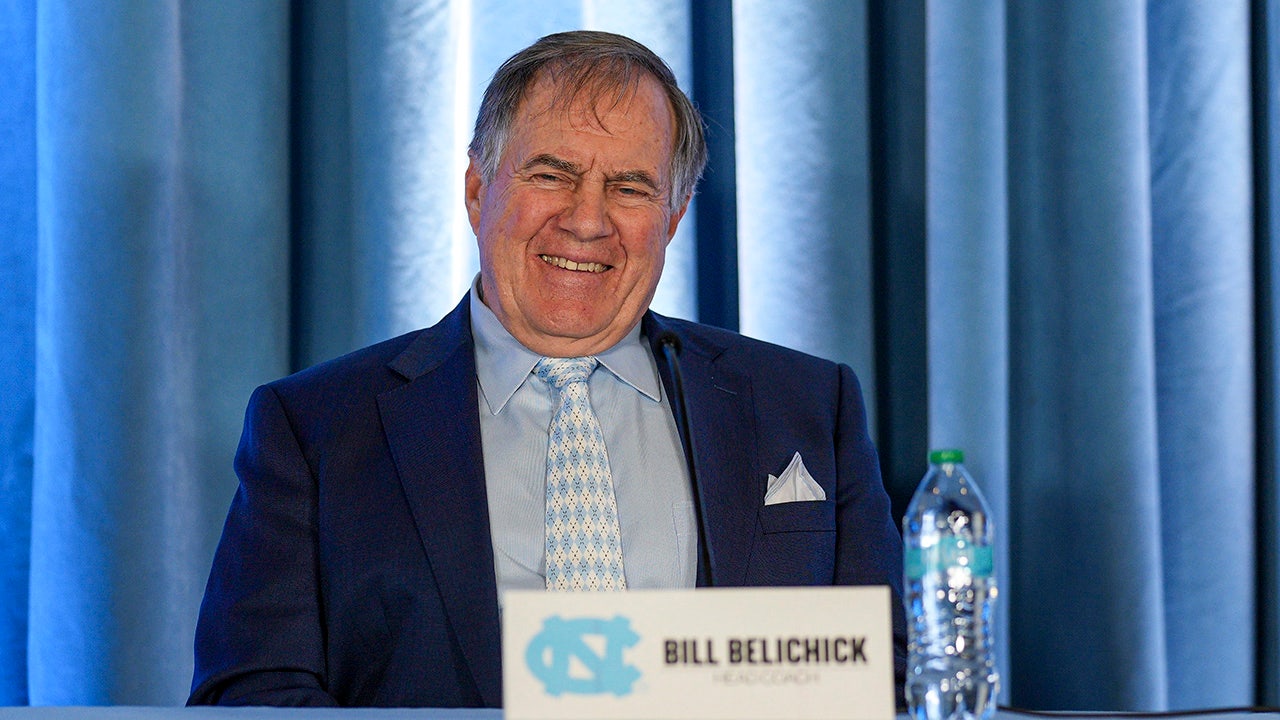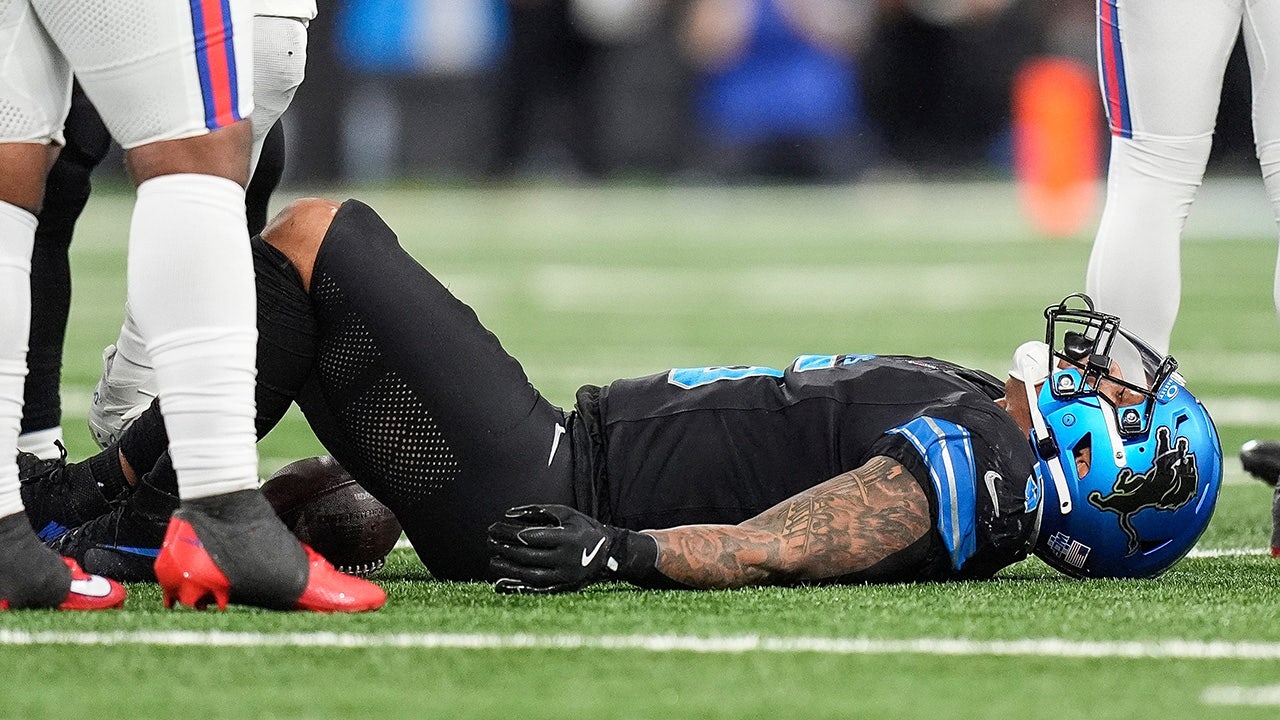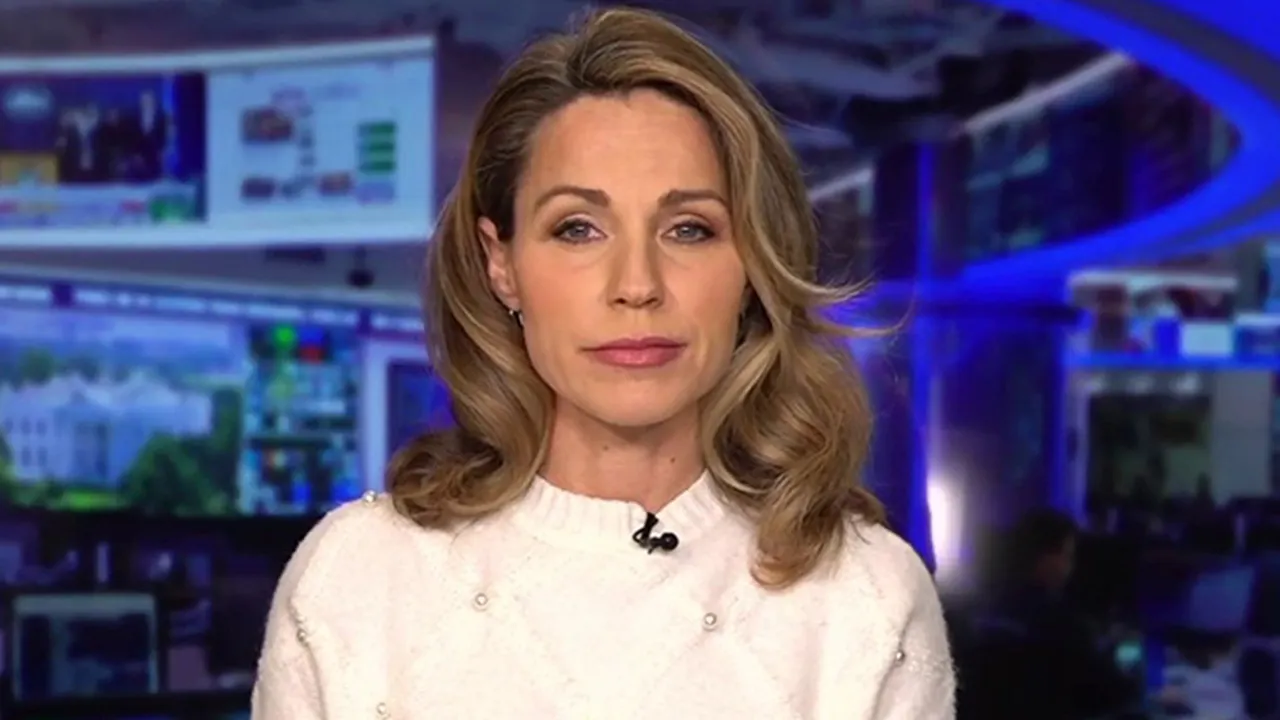In his response, the Ethicist noted: “The key point is that racial categories matter insofar as people care about them. The biological differences on which they are built — the color of our skin or the shape of our eyes — have no intrinsic social significance, and they map into different systems of classification in different places. … If there are cultural differences associated with racial identities, it’s because conceiving ourselves as — and being conceived as — Black or white or Asian plays a role in how we think about our lives and how we’re thought about, and treated, by others. People who imagine that race has a deeper reality may suppose that there’s always a correct answer to what you ‘really are,’ racially speaking. That’s just not so. In particular, if you’re a descendant of people with more than one racial identity, there’s most likely no clear answer to how you should identify, although, for better or worse, how you look will often make a difference to how others treat you. As for what you or your kids tell others, it doesn’t seem hard just to say you have a Thai father and they a Thai grandfather. Those are the facts; no rule dictates what you must make of them.” (Reread the full question and answer here.)
⬥
A very nuanced answer which delicately negotiates the complexities of racial and cultural identity in America. Of course, the issue is: if the letter writer has to think about it, what is she really concerned about? A conscious effort to pass will always carry the risk that in the next generation, someone has a baby who could obviously not pass for anything but Asian. And this will create its own trauma which may be significant. In my view, being at ease with one’s own identity — however one defines it — is the key thing. — Minh
⬥
I’m an Asian immigrant who married a white guy. My children look like their father, with little resemblance to me. However, I tell my kids they should be proud of their white and Asian heritages. Whether a person identifies with a group of people by culture or by blood, it is their right to recognize the intersections of humanity that make us who we are. — Anne
⬥
As a non-American, I am constantly fascinated by the fixation on race in the United States. The result is that Americans are all far better at identifying and fixating on racial differences than anyone else. I’m not sure this is helpful. — Denis
⬥
I am a Black gay man who can easily pass as white. I was raised to be proud of and never deny my Black heritage. At the same time I was raised in a mostly white community. Throughout my life I’ve experienced both overt and covert racial enmity from white folks, especially when they didn’t know my father was Black or that I identified as Black. That’s the reality of being a white-passable POC in a white-dominant nation. The letter writer has a responsibility to support her children claiming and knowing their full identity and how to be proud of who they are whether they feel as though their identity has been erased or that they are able to “pass,” especially considering the anti-Asian attitude spawned by the pandemic. We need more social justice warriors to combat racism and xenophobia, particularly when they have a “stake” in the game. — George
⬥
The entire concept of race is simply a noxious and fairly modern invention. I don’t think it matters whether the children identify as white or Thai, with one exception. In my view, the children should identify as whatever suits their needs at any given moment, thus taking advantage of the artificial rules that apply to race. If they can get into a college of their choice by identifying as Thai, by all means they should do so. If it suits them to identify as white, they should do that. — Mark













































